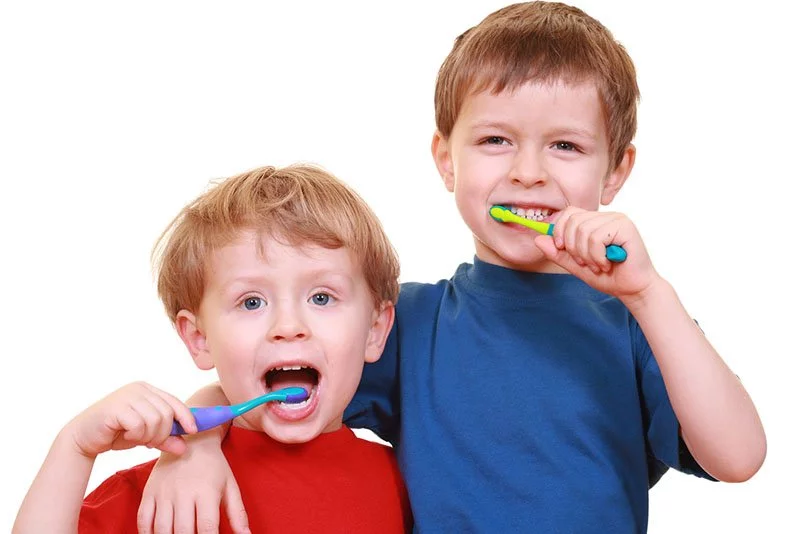
You should value dental hygiene in your children for the same reasons you value it in yourself. Regularly brushing and flossing keeps your mouth clean and helps prevent tooth decay. Eating well likewise helps keep your teeth healthy, and regular visits to the dentist ensure you and your child will be on top of any issues that crop up throughout your lives.
It’s simple: kids should develop healthy habits early on, and dental care habits are no different. Good dental habits last a lifetime, ideally, and while it’s never too late to learn them, the best time is when you’re young.
If you help your child develop good dental care habits, it is likely that they will keep them later in life. Certainly, it is easier for a child to develop new habits than an adult. Taking the time to develop stellar tooth care habits in your child will pay dividends for them down the road, both in terms of having healthy teeth and gums and in terms of avoiding difficult dental work to repair what good habits would have prevented.
There’s one major way to prepare your child for a life of dental wellness, and that’s to lead by example. If your child sees you brushing your teeth every day, they’ll want to do the same! Similarly, if you avoid sugary drinks like soda, and eat and drink a healthy diet, it will be easy to convince your child to do the same.
One specific and important example to set for your child is how to visit the dentist. If you’re nervous in the office, it’s easy for them to pick up on that and become anxious. When you visit the dentist with your child, remember to give them a general idea of what’s going to happen and make sure they know you are calm and confident. Easy early visits to the dentist may prevent a child from fearing visits later on.
Of course, if your child is an infant (congratulations!) they won’t be able to brush or floss their own teeth. Consult your doctor on how best to maintain your baby’s oral and dental health prior to their being able to do so themselves, and remember that a child’s first dental appointment should take place six months after their first tooth arrives.
Appointments Before & After Work or School & on Saturdays & Sundays!
Request Online or Call Today!
Related Posts
Counterproductive Brushing Habits & Fixes
If you brush your teeth at least twice a day, you’re doing great. Regular brushing is the key to preventing tooth pain & expensive procedures.
Solutions for Slowing Sensitivity in Teeth
As our teeth are exposed to more & more foods that wear away enamel, our teeth can become sensitive to things like hot & cold food & drink.
Teaching Your Child Good Dental Habits
Good dental habits like brushing your teeth are important for your oral & overall health, but to kids, they can feel like a chore. Even though baby teeth will fall out eventually, it’s important to keep them healthy because they are guides & space holders for permanent teeth. Here are some tips for teaching your kids good dental hygiene habits to solidify their oral health for a lifetime.



